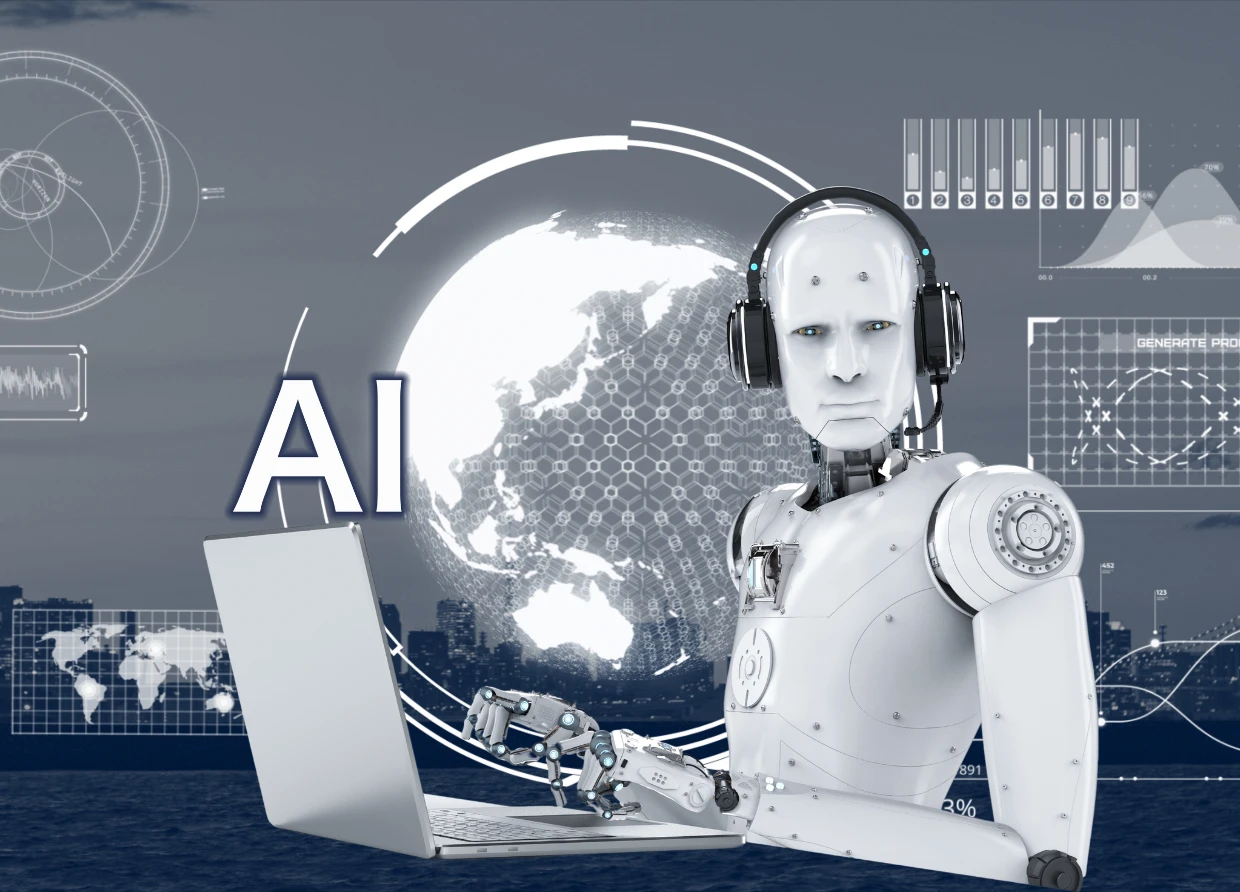STUDY FINDS EXPOSURE TO NEW WORKPLACE TECHNOLOGIES DETRIMENTAL TO EMPLOYEE WELLBEING
Navigating the Intersection of Technology and Wellbeing in the Workplace

In a groundbreaking study conducted by the Institute for the Future of Work, researchers have uncovered troubling correlations between the adoption of new technologies in the workplace and the declining quality of life experienced by employees. The study, which surveyed over 6,000 individuals, analyzed the impact of various technologies on employee wellbeing, revealing concerning trends regarding the use of trackers, robots, and AI-based software.
According to the report, the more employees were exposed to technologies such as AI and machine learning software, wearable trackers, and robotics, the worse their health and overall wellbeing tended to be. Conversely, the use of more traditional information and communication technologies (ICTs) like laptops, tablets, and instant messaging showed a positive association with wellbeing.
Lead author of the study, Dr. Magdalena Soffia, emphasized that it's not necessarily the technologies themselves that are problematic but rather the way in which they are implemented and utilized within the workplace. "We don’t want to claim that there is some sort of determinism in what technology causes in terms of wellbeing," said Soffia. "It really depends on the context: on lots of structural factors, on environmental conditions, how it is designed and how it is deployed. So lots of human decisions."
The study's findings echo concerns raised by economists at Goldman Sachs, who predicted last year that up to 300 million jobs worldwide could be automated out of existence by 2030 due to advancements in AI technology. Dr. Soffia pointed out that the negative impact of these technologies on wellbeing may stem from factors such as job insecurity, workload intensification, and loss of autonomy.
The report has sparked calls for greater regulation and oversight of AI and surveillance technologies in the workplace. Mary Towers, lead on AI at the Trade Union Congress (TUC), warned that without proper safeguards, AI could create an oppressive and unhealthy work environment for many employees. "If we put the proper guardrails in place, AI can be harnessed to genuinely enhance productivity and improve working lives," Towers remarked.
The study forms part of the ongoing Pissarides Review into the Future of Work and Wellbeing, led by Professor Sir Christopher Pissarides in collaboration with Warwick Business School and Imperial College London. Prof. Pissarides emphasized the importance of understanding how new technologies impact employee quality of life as they become increasingly integrated into the workplace.
As the debate over the role of technology in the future of work continues, the findings of this study underscore the need for a thoughtful and balanced approach to the adoption and implementation of new technologies, prioritizing the wellbeing and dignity of workers in the digital age.
#THE S MEDIA #Media Milenial #workplace technology #employee wellbeing #AI #robotics #surveillance #quality of life #ICT #automation #job security #workload #autonomy #regulation #Pissarides Review #future of work #productivity

























